Apparently, these are the funniest, creepy or strange creatures of nature. The chances of meeting most of them among diving enthusiasts tend to zero: almost all live very deep.
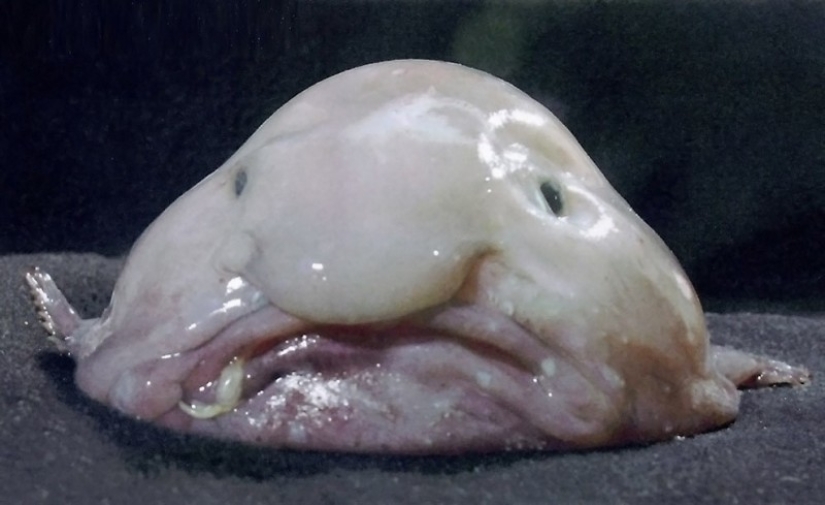
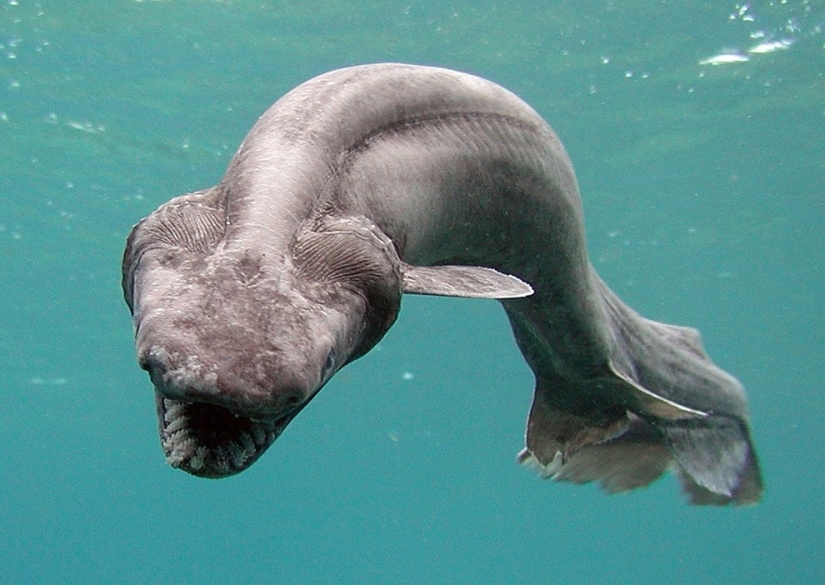
Oddly enough, it's a shark. This species of shark, called the shroud shark, was described in 1884 by the American zoologist Samuel Garman. It is believed that the cape shark has not changed since its appearance in the Cretaceous period. As a rule, the shroud is found in the warm waters of the Atlantic Ocean and is occasionally found in the Barents Sea.
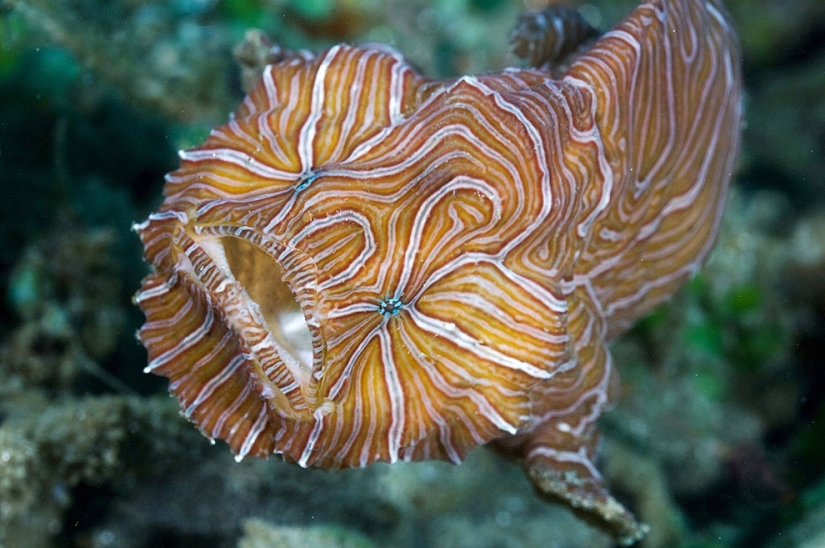
The frog fish was discovered in 2009. Unlike most fish, the frog fish swims, pushing off from the bottom with its pectoral fins, or crawls along the bottom, moving them like legs.
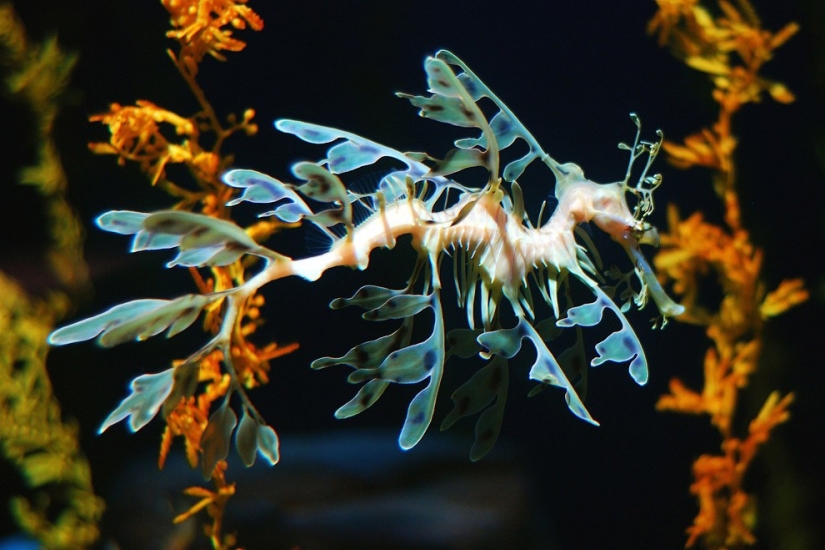
This rag fish is difficult to notice among the algae, it is so well camouflaged. The ragpicker was discovered in 1865 in the Indian Ocean.
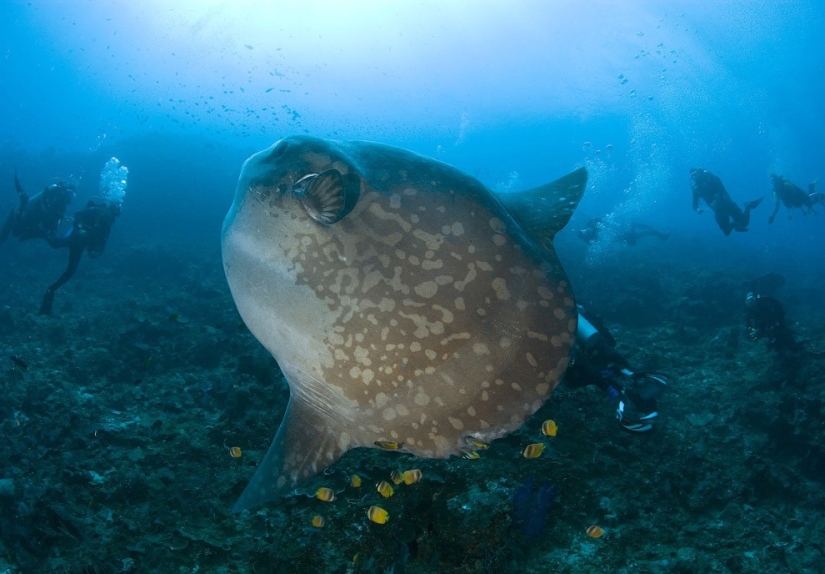
The moonfish was described in 1758. It can reach a size of several meters and weigh 2 tons. The moonfish is a bad swimmer: it can often be seen lying on its side on the surface of the water.
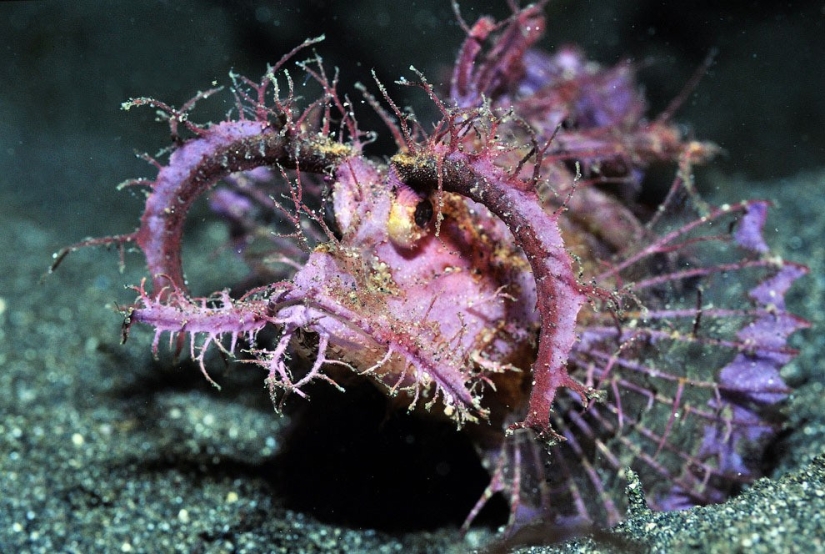
Scorpena Ambrona was discovered in 1856. It can change color and fade. Unlike most representatives of the exotic ten, it is quite well studied and occurs shallowly, not diving below 35 meters in the waters of the Indian and Pacific Oceans near Indonesia and the Philippines.
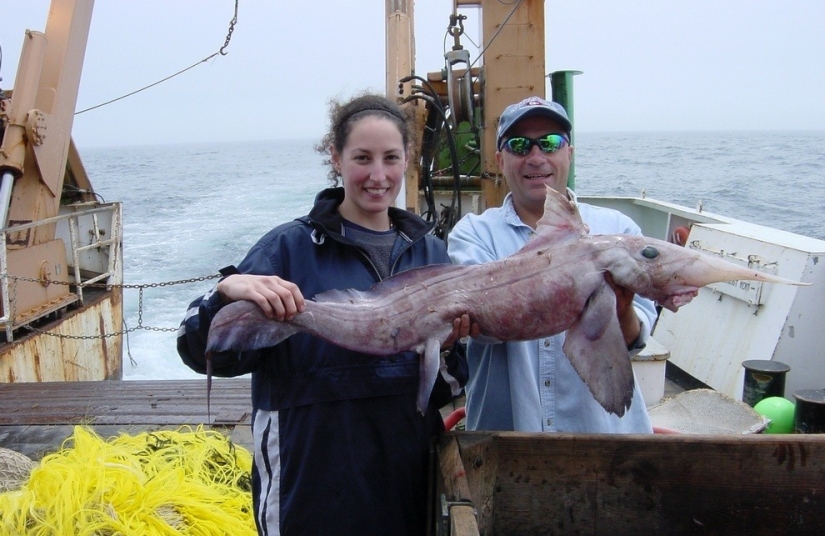
An extremely disgusting-looking chimera fish feeds on shellfish and lives on the bottom of the Atlantic Ocean. It was opened in 1909.
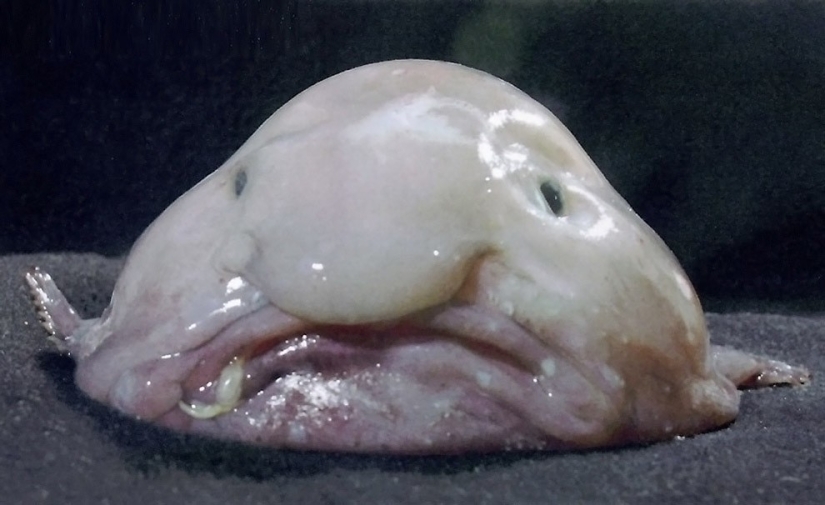
The dropfish was discovered in 1926. It lives only near Australia and Tasmania at a depth of up to 1200 meters.
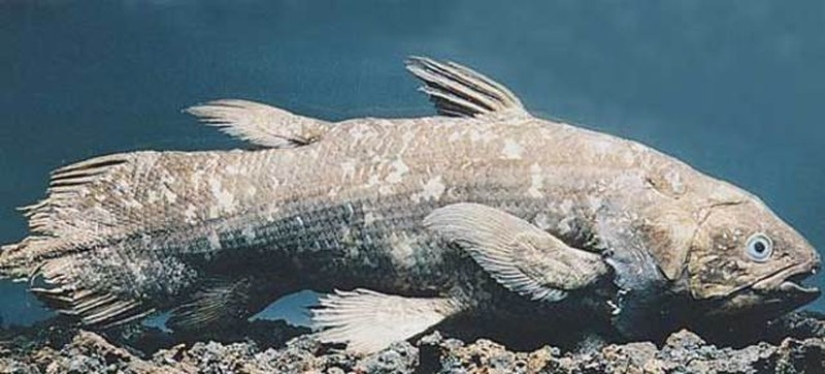
There are two known species of latimeria — Latimeria chalumnae, which lives off the eastern and southern coast of Africa, and Latimeria menadoensis, discovered and described in 1997-1999 near the island of Sulawesi in Indonesia. Perhaps the oldest living fish: latimerians appeared 400 million years ago. Until the middle of the last century, latimerias were caught in quite large quantities, because it was mistakenly believed that their meat (completely inedible to the taste) has antimalarial properties.
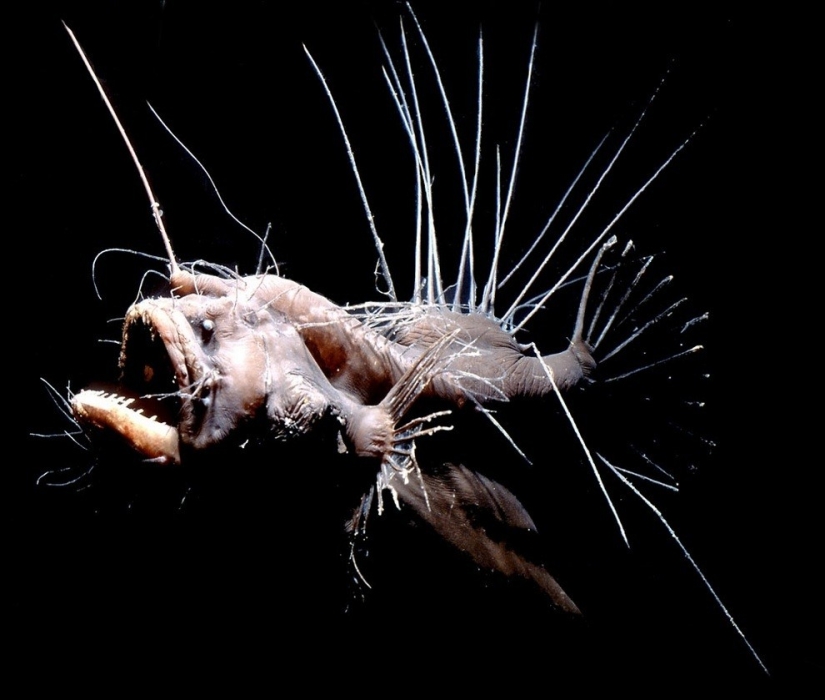
The hairy sea devil was discovered in 1930. It lives only at a depth of 1 km.
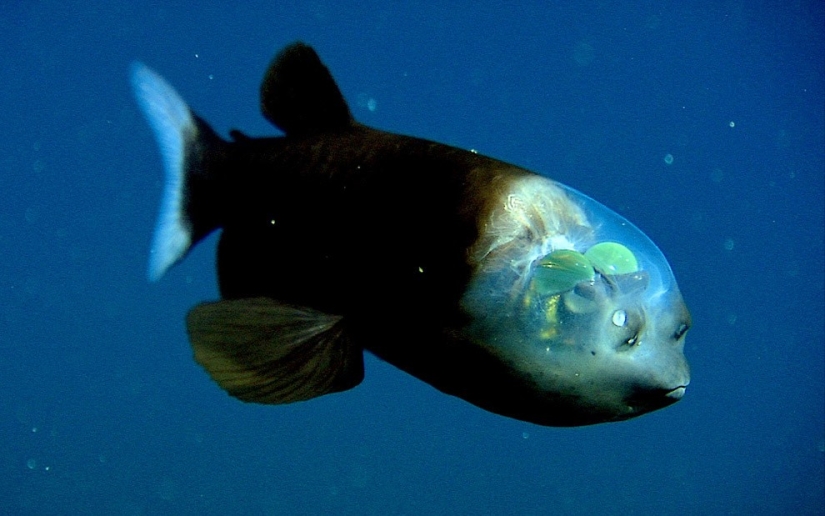
A small-mouthed macropinna with a transparent head and large upward-pointing eyes was discovered in 1939. It lives in the subarctic and temperate waters of the North Pacific Ocean: near the shores of northern Japan, the Kuril Islands, in the Bering Sea and near the west coast of Canada and the United States.
Keywords: Animals | Water | Ocean | Fish | Unusual
Post News ArticleRecent articles

It's high time to admit that this whole hipster idea has gone too far. The concept has become so popular that even restaurants have ...

There is a perception that people only use 10% of their brain potential. But the heroes of our review, apparently, found a way to ...
Related articles

These artists love cats, but also masterfully draw them, often complementing funny and life signatures. Meet! --> Russian ...

The age of breeding" improvements " of pure breeds has turned once healthy dogs into deformed animals. There is an opinion that ...

If you like pictures and Internet memes with animals, chances are you've heard of the popular Japanese artist and enthusiast ...

New Year's is a time to surprise and delight loved ones not only with gifts but also with a unique presentation of the holiday ...